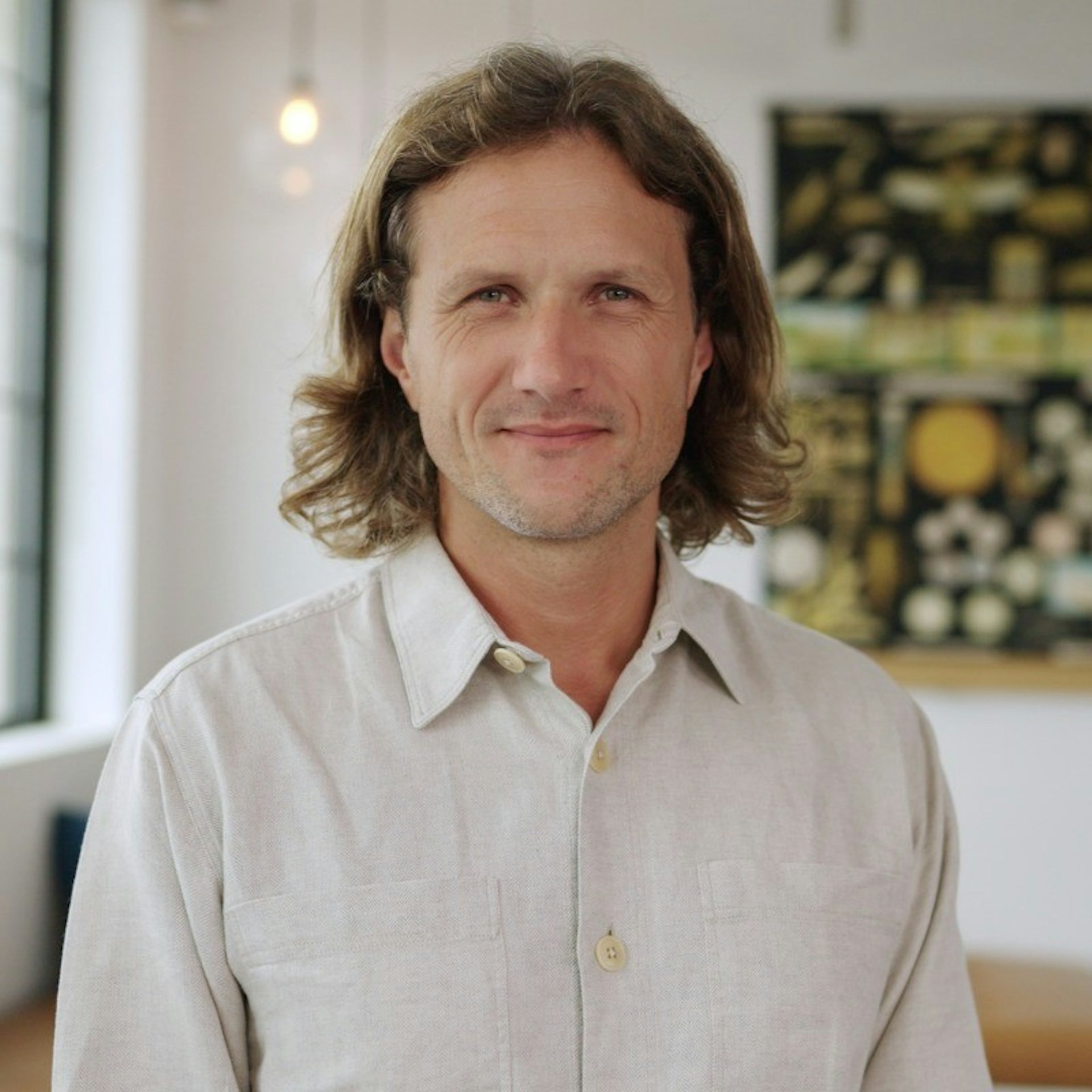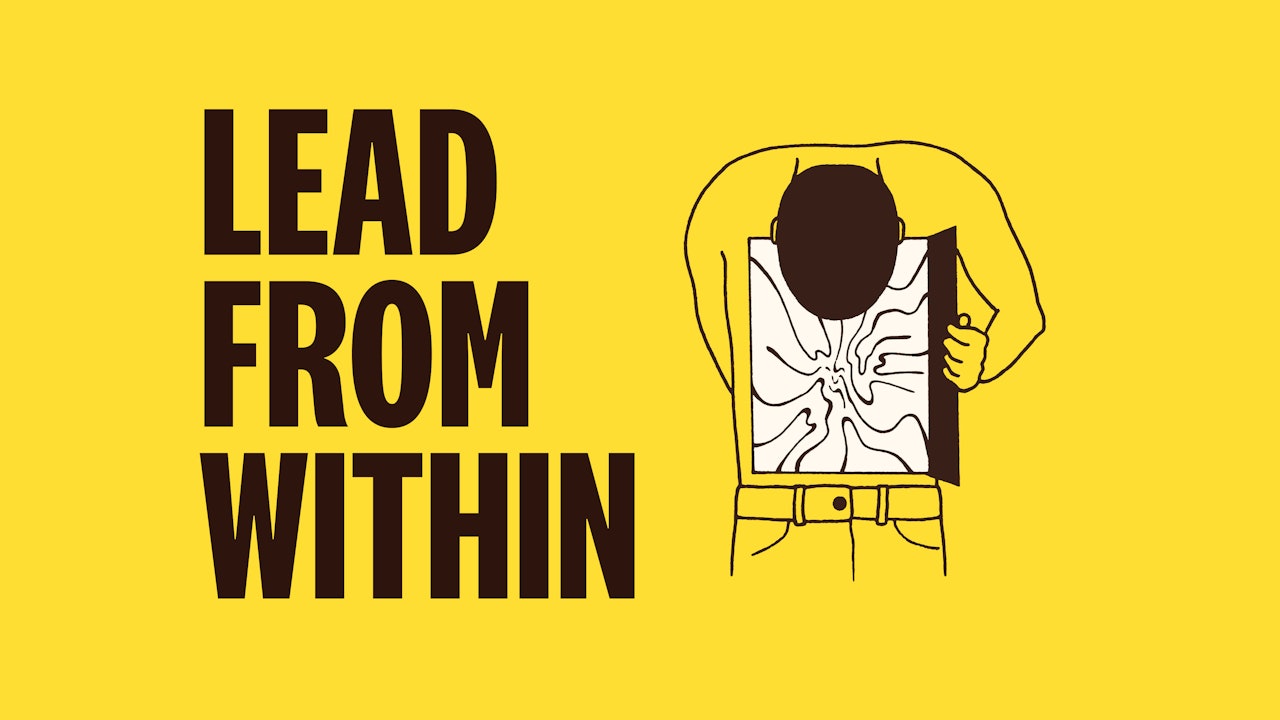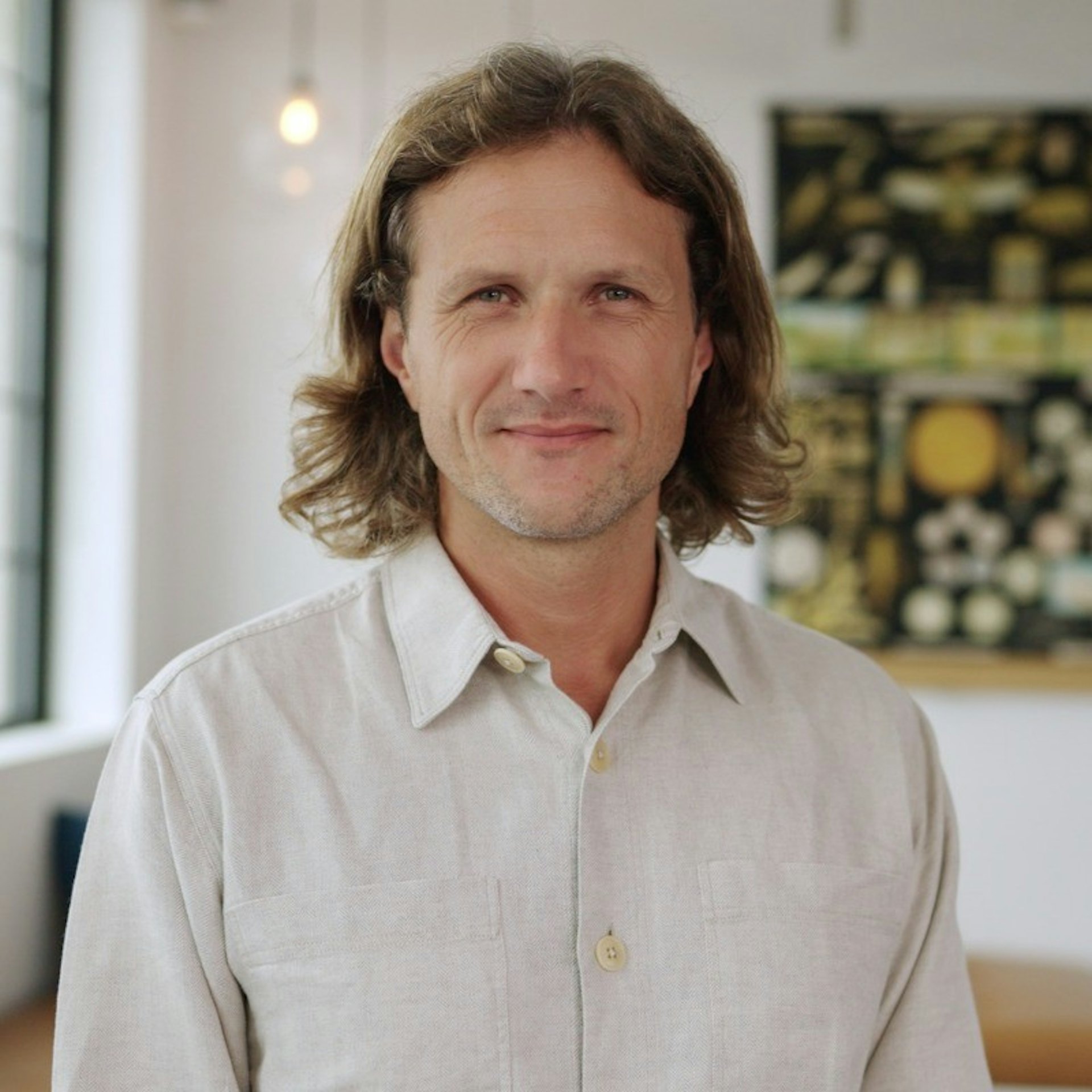Why Gen Z employees make me hopeful for the future

Dr. Nick Taylor
01 November 2023

Content
- How has the topic of mental health in your workplace evolved over the last few years?
- As a CHRO, what topics are front and center in your mind at the moment?
- Research suggests young people have higher levels of mental illness. What are your thoughts as a leader on the mental health of your Gen Z employees?
- How have you personally managed your wellbeing and your health with such high pressure work?
- How can we empower our leaders to create a culture that prioritises wellbeing without overwhelming them? What’s the number one thing they need to be doing?
- What do you see as the future of mental health in the workplace?
This interview is part of the Lead From Within podcast. Each episode, I sit down with inspiring people leaders to explore that fascinating intersection where mental health, performance and leadership overlap.
Rosemary Sheehan, CHRO at Mass General Brigham, joined me for the first episode. We discussed everything from balancing leadership with parenthood, to influencing our fellow leaders, to the monumental shifts we’re seeing as a new generation enters the workforce.
Our mission is to give People people the knowledge they need to lead from within. Read the conversation in this blog, or listen to the full first episode of the podcast here.
How has the topic of mental health in your workplace evolved over the last few years?
I think the last three years have brought much more open conversation about mental health issues.
Working in the healthcare sector, we often see that caregivers in general tend to care for others first and not for themselves. But recently attitudes are changing – I think our people are coming to realise that in order to care for others, they first have to take care of themselves.
The pandemic really put a spotlight on mental health and has brought the topic to the forefront of all our minds. We're just having many more open conversations about it now – it's no longer something that’s hidden away. That’s not to say that everyone speaks of it openly, but a lot of people, including leaders, are starting to open up.
As a CHRO, what topics are front and center in your mind at the moment?
I think what makes the role of CHRO really challenging is that you are the people leader, and people are complex.
But when I think about people leadership I’m not just thinking of myself and my role as a CHRO, but about individual leaders of individual teams. They have a really critical role to play because they are the direct connection to our people.
Ultimately you can’t separate people leadership from the macroenvironment. Every day, there is something in the news that will upset some people. There's some major dilemma; there's a crisis in a foreign country; there’s something happening locally.
And we have people with all different perspectives and opinions. So we need to create space for all of those opinions and all of those perspectives.
I think our task is really encouraging our leaders to provide an environment where people can talk about what’s upset them in a safe way – conversations are really important. If we get that right, we create an environment where people feel like they can bring their most authentic selves to work.
Research suggests young people have higher levels of mental illness. What are your thoughts as a leader on the mental health of your Gen Z employees?
You know, I wonder if younger people are just more open about it. I wonder how many people of our generation went home, buried things deep, and had bigger issues because of it – perhaps had substance use issues to try to deal with the pain of what they were going through.
I’m a mother and what I see is young people are much more willing to talk about mental health. They're open about it. They don't see it as a failure. They see it as something that is just part of who they are.
And as a people leader, our young people are actually evolving the organization. It's fascinating to see – they’re much more involved in our ERGs, we see much higher adoption of the support we’re offering from young people. They’re also willing to speak out – when I was 23 I probably wouldn’t have
I love that we are actually learning from them. While we're trying to establish the right policies and create the right environment, I think we're actually being pushed to do better because of our young people.
How have you personally managed your wellbeing and your health with such high pressure work?
My focus on wellbeing has evolved a lot in recent years, especially when it comes to sleep. I was of the generation where many of us said sleep isn’t necessary – you can live on 5 hours of sleep and be very productive.
What I've come to realize, and what I talk about with my team as well as my kids, is that sleep is essential to wellbeing. It is the most important thing you do. I prioritise sleep, nutrition and exercise in a way I never used to.
I try to role model that behavior and hopefully prevent other people going through the same probably very unhealthy period that I had where I was living on very little sleep. I think that the ways to take care of ourselves don’t need to be complicated – it’s about prioritising those very basic, important things.
So if someone is worrying about their deadlines, I say, “Let's see what we can remove so that you don't actually have to do that at night,” or, “What are the priorities that you're working on? Let's review those priorities and see which ones can be delayed.”
Ultimately you can’t do it all well. So you really need to decide what are the things that need to be done, do those exceptionally well and be honest with people about why you can't get to everything. That’s critical to the whole balance of work and life.
How can we empower our leaders to create a culture that prioritises wellbeing without overwhelming them? What’s the number one thing they need to be doing?
It’s a really hard question. I don’t think we’ve done a great job of role modeling the right behavior from the senior teams.
A big challenge for our leaders in healthcare is that they have large groups of different workers under their remit – people in different roles, different regions, some are working remotely. So it’s very difficult for leaders to get to know all of the people who report to them.
I think it’s key to tell people to start small so as not to overwhelm them. Just focus on one or two small things, like really listening and checking in with your teams. Building trust is essential, and that’s not just the leader building trust with the employee, but creating teams where people trust one another.
What do you see as the future of mental health in the workplace?
I'm actually hopeful for the future. Just the fact that we're here talking about this now – three years ago we probably wouldn't have been.
We have young people who are coming up through the ranks of leadership who look at things really differently. I think mental health will become part of our integrated people programs; I think the way leaders think and the way they lead will change.
Our job is to continue to keep the focus on mental health, drive policy and tell stories that show mental health is central to everything.
For more inspiring conversations with People leaders like Rosemary, subscribe to the Lead From Within podcast.
About the Author

Dr. Nick Taylor, Co-Founder & CEO at Unmind
About the Author
